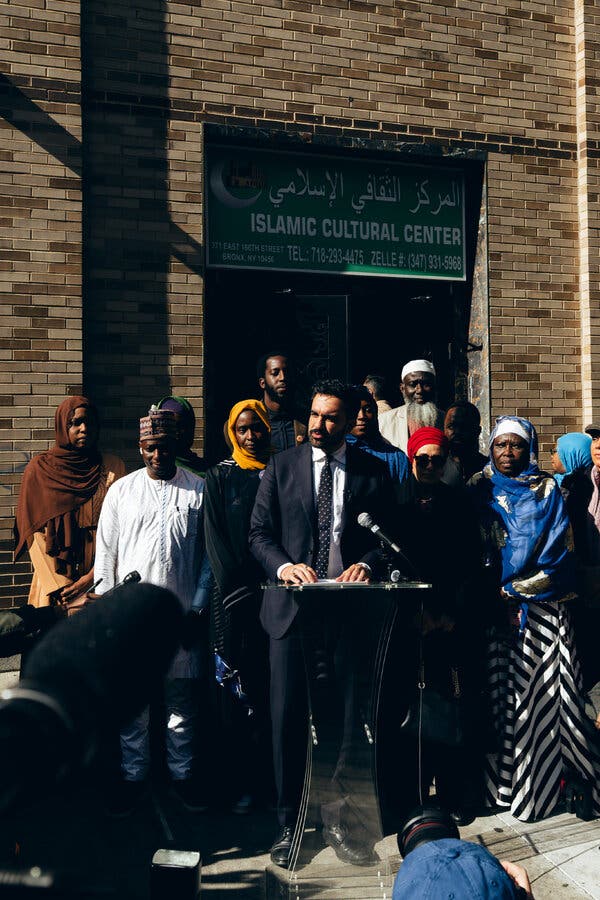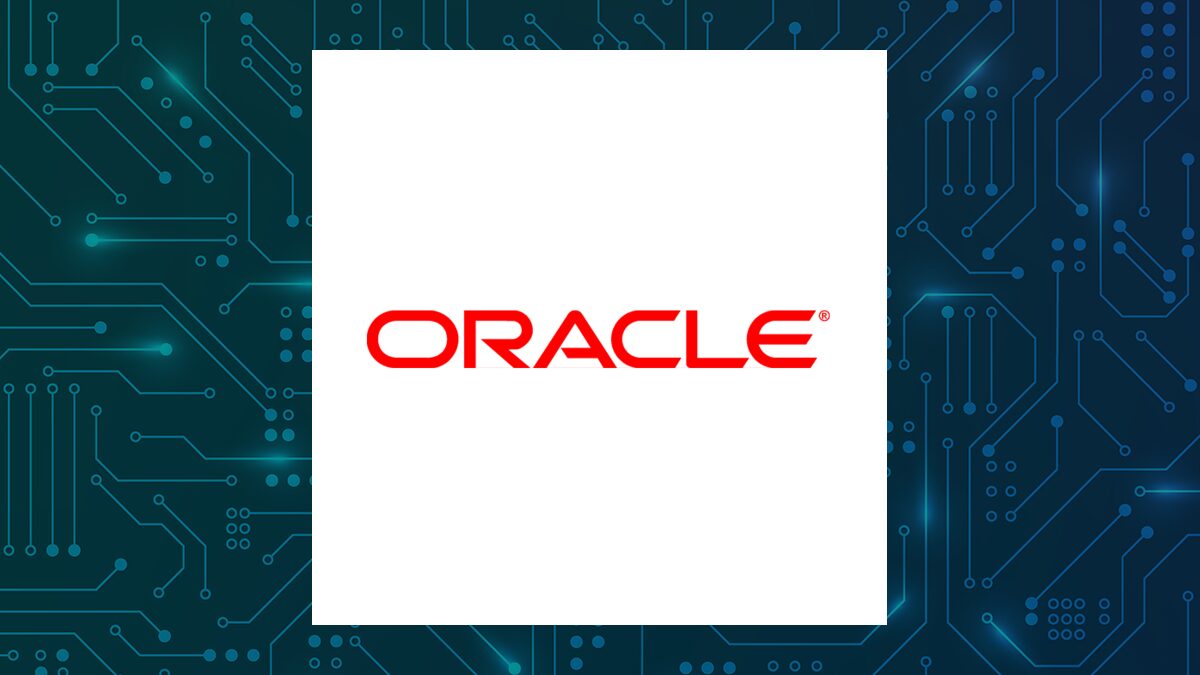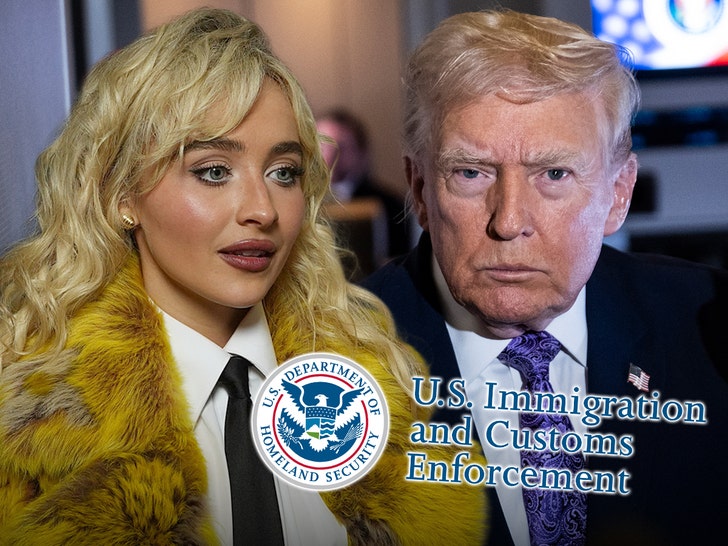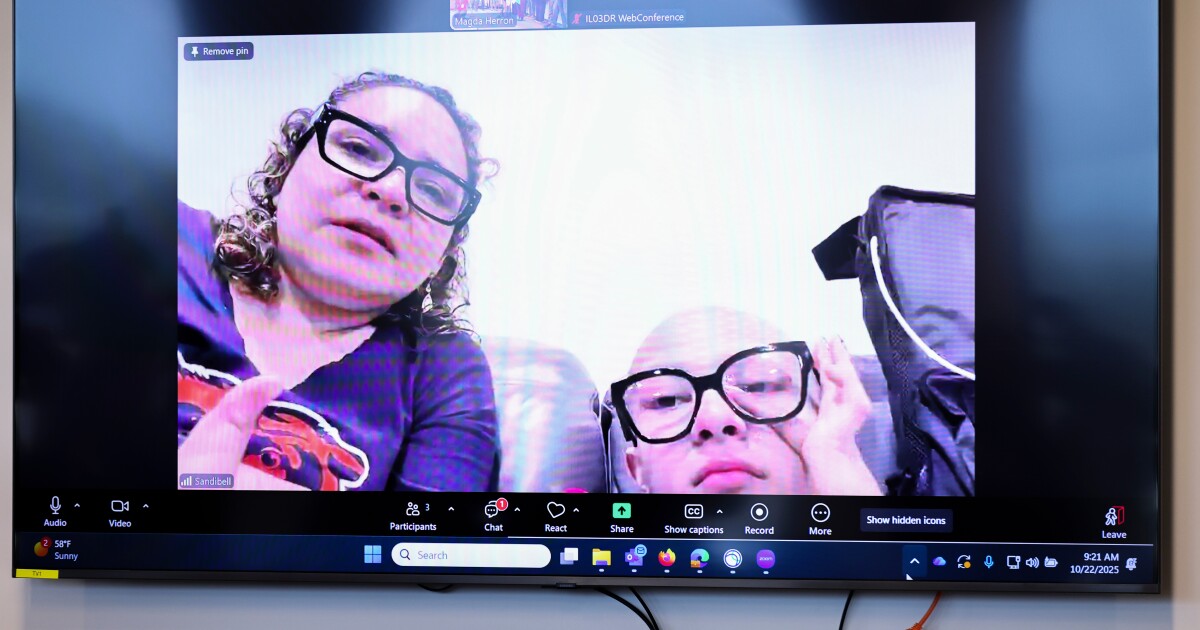Zohran Mamdani, the leading Democratic candidate in the New York City mayoral race, delivered a powerful speech on March 15, 2024, at the Islamic Cultural Center of the Bronx. In a departure from his usual focus on economic issues, Mamdani addressed the Muslim community directly, sharing his personal experiences with faith, identity, and the challenges posed by Islamophobia.
During his emotionally charged address, Mamdani expressed a desire to move beyond the shadows of his identity. “No longer will I live in the shadows,” he declared, resonating with many who feel the pressure to downplay their backgrounds to achieve success. His comments highlighted the often-ignored struggles faced by Muslims in the United States, particularly in the political arena.
Confronting Anti-Muslim Sentiment
Mamdani’s speech came as he sought to address a rise in anti-Muslim sentiment throughout the election campaign. He pointed to remarks made by his main opponents, Andrew M. Cuomo and Curtis Sliwa, as well as current mayor Eric Adams, suggesting that they reflect a broader trend of acceptable bigotry against Muslims. “One can incite violence against our mosques and know that condemnation will never come,” he stated, drawing attention to the lack of accountability for anti-Muslim rhetoric.
His remarks struck a chord in a political landscape where both Democrats and Republicans often share a fear of Muslims, he noted. This acknowledgment of shared political sentiment is particularly notable in a time when bipartisan agreement seems increasingly rare.
Mamdani’s emergence as a significant candidate in the mayoral race is underscored by his potential to become the first Muslim mayor of New York City. His campaign, which began in October 2023, has focused primarily on economic issues, but this speech marked a pivotal moment in his outreach to a community that has historically faced discrimination.
A Call for Unity and Action
The speech resonated not only with local Muslims but also with many who advocate for greater inclusivity and understanding in politics. Mamdani’s narrative highlighted the importance of representation and the need for elected officials to confront prejudice directly.
As the campaign progresses, Mamdani’s ability to galvanize support from diverse communities will be crucial. His candidacy represents a significant shift in the political landscape of New York City, where issues of identity and faith often intersect with broader discussions of race and inequality.
In closing, Mamdani’s heartfelt address serves as a reminder of the ongoing challenges faced by the Muslim community and the importance of standing against discrimination in all forms. As the election date approaches, his message of unity and resilience may very well be a defining factor in his quest for the mayor’s office.

